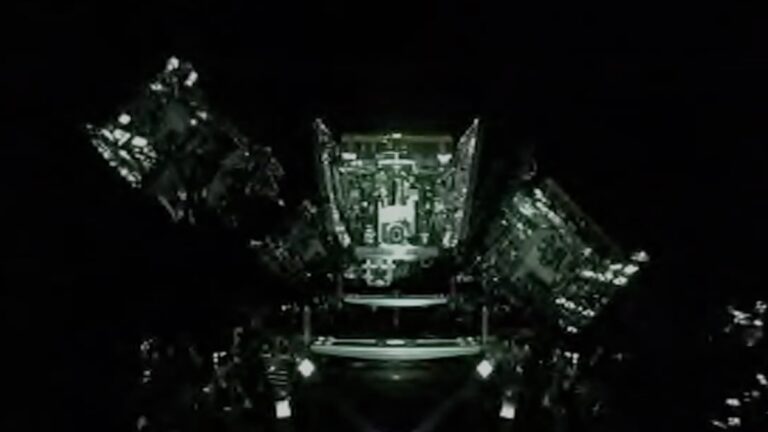It's not often that Google kills off one of its services, especially one which was announced with much fanfare at a big mainstream event like CES 2006. Yet Google Video's commercial aspirations have indeed been terminated: the company has announced that it will no longer be selling video content on the site. The news isn't all that surprising, given that Google's commercial video efforts were launched in rather poor shape and never managed to take off. The service seemed to only make the news when embarrassing things happened.
Yet now Google Video has given us a gift—a "proof of concept" in the form of yet another argument against DRM—and an argument for more reasonable laws governing copyright controls. How could Google's failure be our gain? Simple. By picking up its marbles and going home, Google just demonstrated how completely bizarre and anti-consumer DRM technology can be. Most importantly, by pulling the plug on the service, Google proved why consumers have to be allowed to circumvent copy controls.
A consolation prize
Google contacted customers late last week to tell them that the video store was closing. The e-mail declared, "In an effort to improve all Google services, we will no longer offer the ability to buy or rent videos for download from Google Video, ending the DTO/DTR (download-to-own/rent) program. This change will be effective August 15, 2007."
The message also announced that Google Checkout would issue credits in an amount equal to what those customers had spent at the Google Video store. Why the quasi-refunds? The kicker: "After August 15, 2007, you will no longer be able to view your purchased or rented videos."
See, after Google takes its video store down, its Internet-based DRM system will no longer function. This means that customers who have built video collections with Google Video offerings will find that their purchases no longer work. This is one of the major flaws in any DRM system based on secrets and centralized authorities: when these DRM data warehouses shut down, the DRM stops working, and consumers are left with useless junk.
Furthermore, Google is not refunding the total cost of the videos. To take advantage of the credit Google is offering, you have to spend more money, and furthermore, you have to spend it with a merchant that supports Google Checkout. Meanwhile, the purchases you made are now worthless. To do it right, Google should either provide users with non-DRMed copies of the videos they bought, or they should refund the money entirely. The current option is hardly acceptable, however. Would you buy a TV, a car, a book, or anything if the guy who sold it to you could take it back at any moment so long as he offered you a coupon?

